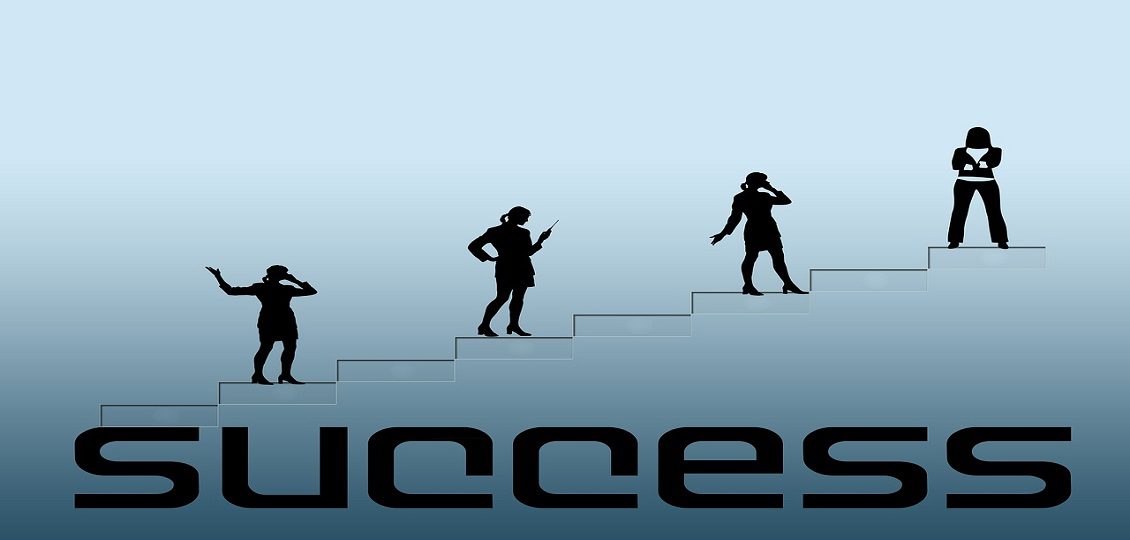By Doug Thorpe
Leadership in life and business is about influencing others to achieve something; hit a goal, make a mark, win a prize. Usually, we think about leadership in terms of doing something special. But being “special” is not a natural human condition.
In a recent interview, Alabama football coach Nick Saban made these remarks:
The human condition is programmed to survive. That’s how we got here. It is not natural to perform at a special level for an extended period of time. If you want to be on top, you have to figure out how to be and stay special. You must work to thrive rather than just survive.”
Think about that for a moment. As a tribe, we came from a heritage of living and working to survive. “Survival of the fittest,” they say. Scientific studies support that idea. Our brains are wired for fight or flight reactions to threats around us. If we choose to flee the scene, we are trying to survive. If flight is not an option, as in the foe to too fast or too strong, we have no choice but to fight. Usually, the fight is not to win for winning’s sake, but to win to survive.
The way we think and the emotions we feel that have survival value will then produce behaviors that increase our chances of survival. Our “fight-or-flight” reaction may be the best-known expression of our survival instinct. This response set is triggered when we (and all animals) perceive a situation as a threat to our existence; our sympathetic nervous system activates rapid emotional, psychological, and physical changes.
Emotionally, we feel either fear or anger intensely. Psychologically, our senses are heightened, and we’re able to make faster decisions. Physically, we get a shot of adrenaline, our heart rate increases, blood flow is diverted to essential parts of the body, and we experience increased strength and stamina. Without these essential changes, our primitive forbears would have died, their genes wouldn’t have been passed on.
Thankfully, you likely don’t have that direct survival challenge each and every day, at least not in terms of dying. Yet we all face uphill battles that test our sense of survival. So the question is whether you choose to merely survive the day or do something special.
Survive or Thrive
Employment statistics tell us the average workforce is not all that engaged. The average employee recommends their workplace at a 3.2 / 5, according to Glassdoor ratings. That’s a measly 64% confidence rating. Companies performing above this are not necessarily large or small or in a particularly “sexy” industry. Rather, they are focused on their people.
If you look at Glassdoor’s Best Places to Work you see companies of all size, all industry, and all ages. The reason is that employee engagement is not a simple thing: it takes leadership commitment, investment, and a complete and integrated focus.
This translates into large populations of workers merely trying to survive; punch the clock, get the paycheck, feed and shelter ourselves and our families, then do it all over again.
To go back to Nick Saban’s remarks, there is a small percentage who choose to be special. They do this by doing more. They establish daily routines for health and welfare that include fitness, mental health, technical expertise, and personal growth.
Whatever personal predisposition you may have, becoming the owner of a business or the manager of a work team forces your hand. Will you survive or thrive?
Taking on Leadership
When you assume the role of leader within any group setting, you not only have to produce personal performance, but you become responsible for group performance as well. Saban’s role as a coach puts him in the hot seat for that “special” performance he describes. In this case, it is winning national football championships. He’s done it both at LSU and now at Alabama.
People outside of Saban’s programs study his methods for achieving high performance that is both repeatable and sustainable. In business, those are key characteristics that any business leader should aspire to have. We need performance that is repeatable, scalable, and sustainable.
Repeatable – allows you to do it again. If you have a great month or great quarter, can it become a great year? If you have a great year, can you do it again next year?
Scalable – is your system and platform scalable for growth? Can you replicate what you do in such a way that you can increase capacity without losing efficiency and effectiveness?
Sustainable – this is the extension of repeatable. You might repeat success once or twice, but can you do it multiple times.
Creating a System and a Process
The key to achieving these special results comes from establishing a system and a process by which great things can happen. Yes, Nick Saban recruits capable and talented athletes, as you should too in your business. Finding the right employees to plug into your system is critical. However, having a room full of gifted employees will not result in high performance without a system and a process to get you there.
As the leader, you must either create the system yourself or learn to use the system that exists. If you are the owner/founder of the enterprise, either you develop the system or you engage an expert in execution who can design it. If you are a senior manager/executive, you must embrace what has been designed.
If you suspect the system is flawed, you can work with the creator of the system to make changes or you can choose to abandon the effort and take your talents some other place.
Football coaches like Nick Saban expect the assistant coaches to follow his system, make subtle changes appropriate to the details they are responsible for, but stay true to the system. If the assistant doesn’t agree, then they won’t stay there long (see the long list of coaches who have worked for Saban).











































